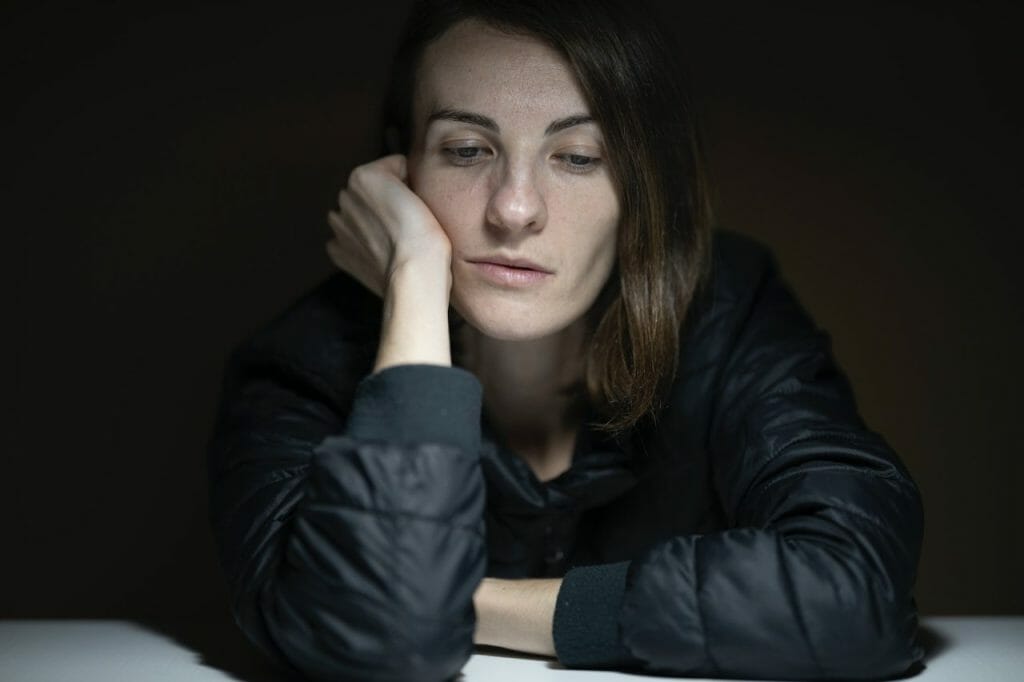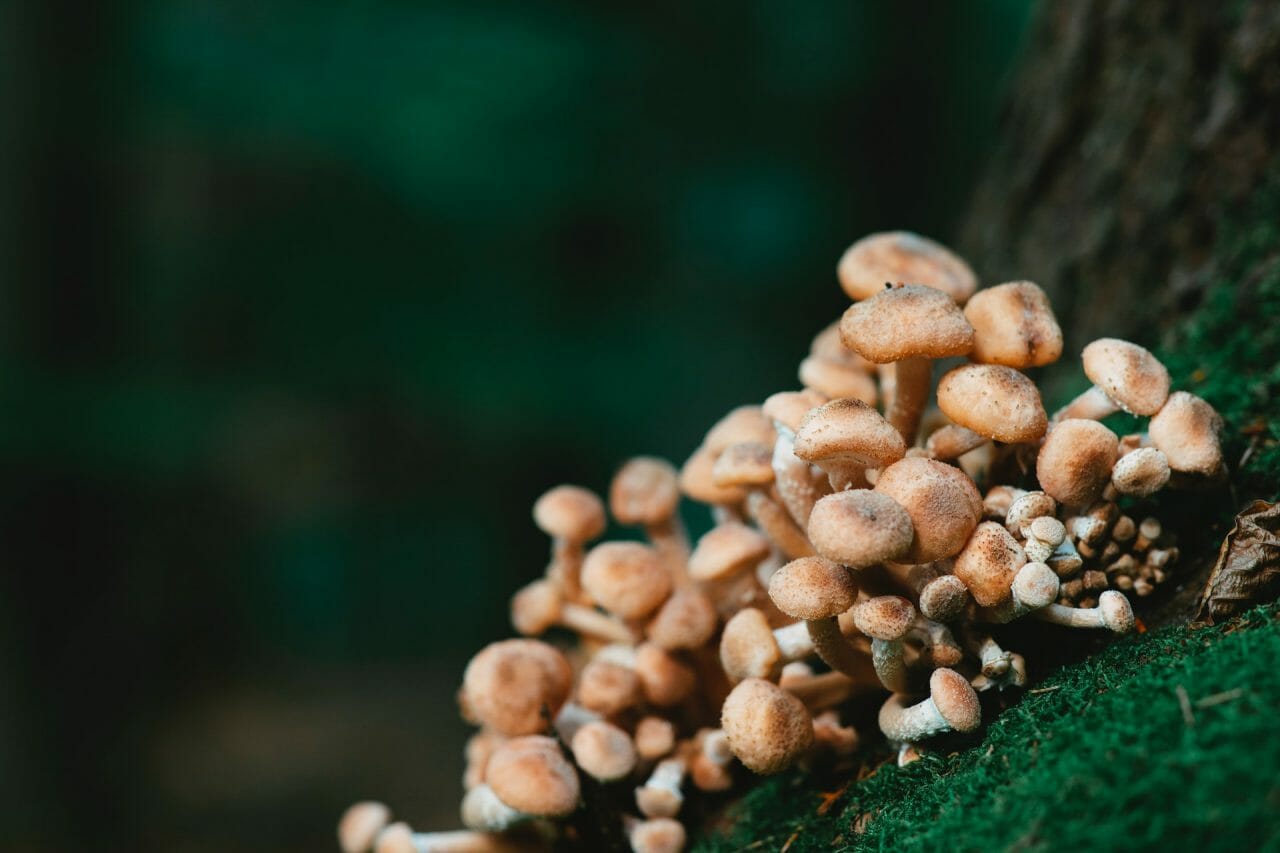According to the World Health Organization (WHO), depression is a global issue affecting over 264 million people worldwide.
Despite the effectiveness of conventional treatment methods, they often fall short in addressing the complex nature of depression. This limitation has spurred the exploration of alternative therapies. One such promising option involves the use of mushrooms containing psilocybin, which can be obtained from a mushroom dispensary, for treating depression.
Let’s delve into the world of mushroom dispensaries, their part in treating depression, and the compelling data that underscore their potential to revolutionize our approach to this pressing global mental health concern.
Principal Findings:
- Mushroom dispensaries offer an alternative depression therapy using mushrooms rich in psilocybin.
- Research suggests that psilocybin can significantly and enduringly alleviate depression symptoms.
- The use of psilocybin in therapy represents a burgeoning trend that’s reshaping mental healthcare.

Understanding Psilocybin and its Therapeutic Value
Psilocybin is a naturally-occurring compound found in certain mushroom species, often referred to as “magic mushrooms.” When ingested, the body converts psilocybin into psilocin, which interacts with the brain’s serotonin receptors. This interaction induces marked changes in perception, mood, and consciousness, typically linked with psilocybin use.
Research into the potential of psilocybin as a depression therapy has yielded significant findings. Clinical trials and studies show that a single, carefully administered dose of psilocybin can result in substantial decreases in depressive symptoms. Patients have reported transformative and lasting improvements in their mental health and overall well-being.
These revelations have stimulated increased interest and funding in the investigation of psilocybin as a unique alternative treatment for depression, especially for individuals who have not found relief with traditional therapies.
The Potential of Magic Mushroom Dispensaries
Commonly known as magic mushrooms, psilocybin-containing mushrooms have garnered attention for their potential to alleviate depression symptoms. This article will explore different types of these magic mushrooms and their potential impact on depression.
| Magic Mushroom Type | Description | Possible Depression Benefits |
| Golden Teacher | Golden Teacher is a well-known psilocybin mushroom, identified by its golden cap. | It’s suggested to help reduce symptoms of depression and promote emotional positivity. This type fosters introspection and self-analysis, possibly helping individuals to discover new viewpoints on their depression. Users often describe feelings of unity and interconnectedness, which may help fight the sense of isolation often associated with depression. |
| Psilocybe Cubensis | Psilocybe Cubensis is among the most common species of magic mushrooms. | It’s known to stimulate positive mood changes and perspective shifts. It can potentially enhance emotional resolution and assist individuals in addressing their depression’s root causes. Its induced altered state of consciousness may help users to break free from inflexible thought patterns and develop a more optimistic outlook. |
| B+ | B+ is characterized by its large, bulbous fruiting bodies. | It might contribute to significant, long-term reductions in depressive symptoms. Users often experience a newfound understanding and insight into their emotions and life circumstances. The therapeutic journey might aid in releasing suppressed emotions and trauma, thus offering relief from depression. |
| Liberty Cap | Liberty Caps are small, cone-shaped mushrooms found in various regions. | They’re famous for inducing powerful emotional experiences that can positively affect depression. During Liberty Cap experiences, users often report enhanced sensitivity and empathy, fostering emotional healing and connection. The profound and immersive nature of the psychedelic journey may help individuals understand the root causes of their depression. |
| Penis Envy | Penis Envy is notable for its unique, phallic shape. | It’s associated with deep insights and changes in depressive thought patterns. Users frequently experience ego dissolution, allowing them to confront their depression without the constraints of their usual identities. The intensity of the experience may facilitate therapeutic breakthroughs, leading to lasting improvements in mental health. |
| Blue Meanie | Blue Meanie is a potent strain distinguished by its blue hue. | hue.This hue is believed to induce peace and relaxation, possibly reducing the signs of anxiety and depression. A lot of users claim to reach a state of inner peace and emotional release during their encounters with Blue Meanie, which could potentially improve mental health. This strain, recognized for its mild yet introspective characteristics, may be particularly suitable for those seeking a less intense psychedelic journey for therapeutic purposes. |
The Role of Magic Mushroom Dispensaries in Depression Therapy
Magic mushroom dispensaries, or stores, play a vital role in depression therapy by providing a controlled and regulated environment for those seeking potential therapeutic treatments.
The Function of Health Canada
In Canada, Health Canada serves as the federal authority responsible for ensuring the safety, efficacy, and quality of therapeutic products, such as the psilocybin found in magic mushrooms.
Approval of Therapeutic Products
Health Canada has recently granted exemptions and approvals for the use of psilocybin in certain clinical and research situations for specific medical conditions, including depression. This shift in policy reflects a growing recognition of the potential therapeutic uses of psilocybin.
Potential Therapeutic Uses
Magic mushroom stores provide a potentially innovative and promising therapeutic approach for individuals suffering from depression. With the appropriate authorization and under certain conditions, individuals can utilize psilocybin therapy to alleviate depressive symptoms.
A Regulated and Supervised Environment
Magic mushroom dispensaries provide a regulated and supervised environment for those seeking psilocybin therapy, ensuring that the experience is conducted safely under the guidance of skilled professionals.
Compliance with Health Canada Regulations
Dispensaries must adhere to Health Canada’s rules and guidelines when providing psilocybin-based products for therapeutic use. They play a crucial role in ensuring adherence and that therapy is administered responsibly and ethically.
How to Undertake Psilocybin Therapy Via a Mushroom Store
Starting psilocybin therapy through a mushroom shop could potentially be a transformative and beneficial experience. However, it’s essential
It is crucial to approach this responsibly and with caution. Here are some guidelines to help you manage this process:
- Extensive Research: Initiate by undertaking an in-depth investigation on psilocybin therapy and the specific mushroom store you are considering.
- Seek Professional Advice: Before you contemplate psilocybin therapy, consult with a mental health professional or a therapist who specializes in psychedelic-assisted treatment. They can assess your suitability for this type of treatment and provide insightful guidance.
- Choose a Trustworthy Store: Look for reviews, recommendations, and evidence of compliance with local regulations.
- Understand the Process: Familiarize yourself with the entire therapy process, from the preparation stage and the psychedelic journey to the integration stage after the experience. Knowing what to expect can reduce anxiety and enhance therapeutic outcomes.
- Mental and Emotional Preparation: Prepare yourself mentally and emotionally for the experience. Set clear intentions for your therapy session, and be ready to confront any challenging emotions or thoughts that may emerge.
- Ensure a Safe Environment: Ensure that the mushroom store provides a secure and comfortable environment for your therapy session. This includes appropriate lighting, music, and the presence of trained facilitators to assist you if necessary.
- Follow Dosage Guidelines: Adhere to the dosage recommendations from the mushroom store or your healthcare provider. Avoid self-dosing or taking unknown substances, as this can be dangerous.
Conclusion
Mushroom shops providing psilocybin therapy have emerged as a promising alternative for treating depression. Regardless of the differing legal and regulatory landscapes surrounding these establishments, an increasing volume of research and real-world experiences highlight their potential to alleviate depressive symptoms and provide individuals with new perspectives on their mental health.
As the field of psychedelic-assisted therapy continues to grow, mushroom shops’ role in transforming the treatment landscape for depression offers hope for those seeking innovative mental health solutions.
Frequently Asked Questions
How can I find a reliable mushroom dispensary for depression treatment?
To find a reliable mushroom dispensary, thorough research is crucial. Look for outlets that adhere to local regulations and safety standards. Seek advice from
Ensure to consult healthcare professionals or individuals with successful experiences. Verify the dispensary’s credentials, including the expertise of their facilitators and their adherence to ethical conduct.
How long does the therapeutic effect of psilocybin therapy in treating depression last?
The therapeutic benefits of psilocybin therapy can vary for each individual. Some may experience immediate relief, while others may notice gradual improvements. Studies suggest that the benefits can last for several weeks to months after a single session. However, the duration of the effects could also depend on the integration and ongoing support.
Can psilocybin therapy be utilized solely for treating depression, or does it need to be combined with other therapies?
Psilocybin therapy is generally incorporated into a comprehensive plan for treating depression. It could be combined with traditional therapies such as psychotherapy, counselling, or medication to enhance its effectiveness. The choice of treatment methods should be customized to individual needs and guided by the advice of healthcare professionals.
What other magic mushroom products can be used for treating depression?
Apart from traditional magic mushrooms, alternative magic mushroom products for treating depression include psilocybin microdosing capsules, psilocybin-infused edibles like chocolates or gummies, liquid extracts or tinctures, and psilocybin nasal sprays. These alternatives offer a variety of dosing options and methods of administration, including precise microdosing for subtle mood enhancement.
Related Article:





